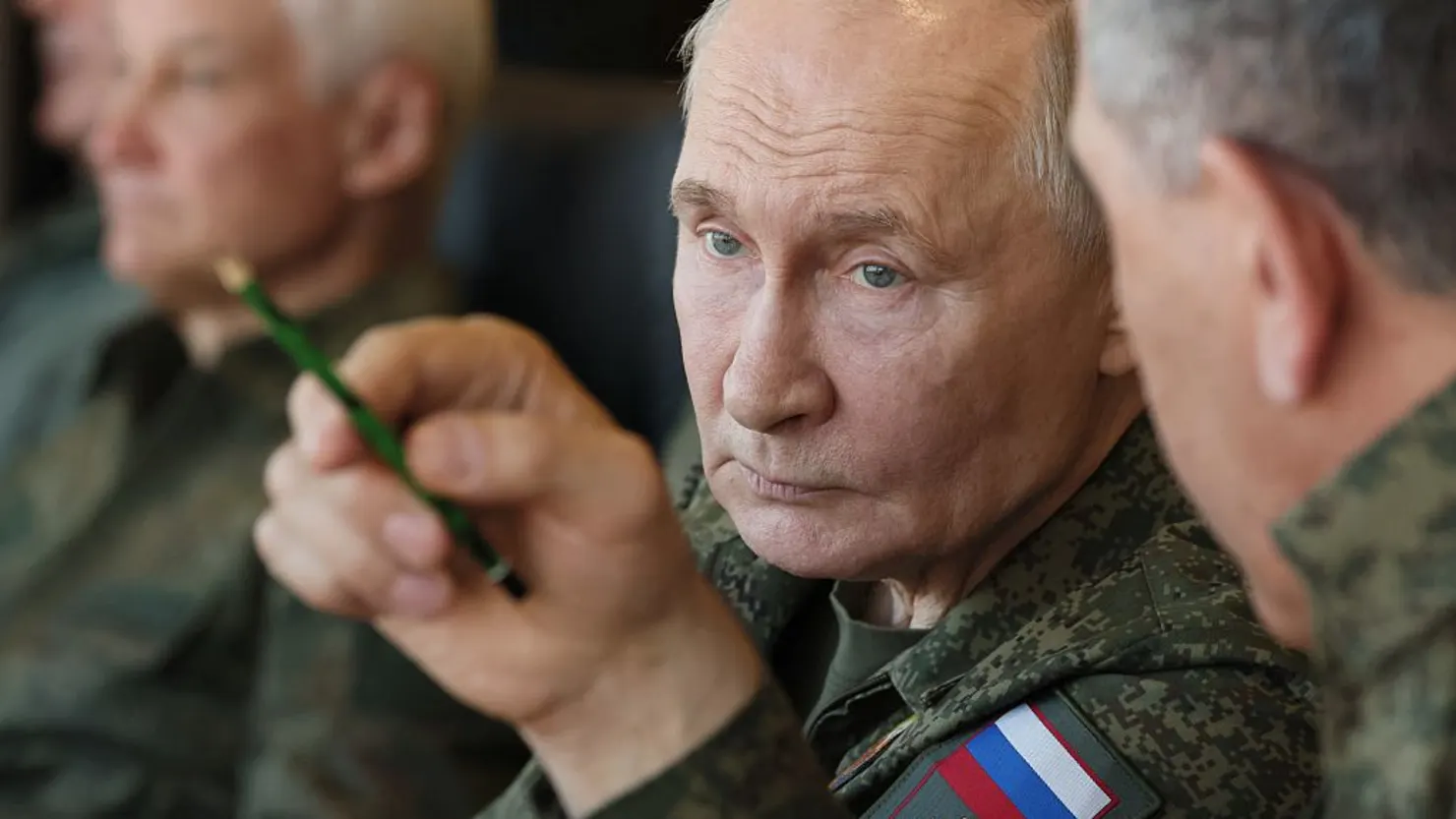Co-authored with Roy Liu
The United States
Yet another busy week took place in the United States. The effects of Charlie Kirk’s assassination continue to reverberate throughout the country, with many people being fired from their jobs due to their social media posts expressing their opinions on the late conservative activist. Perhaps the most prominent suspension took place when ABC pulled *Jimmy Kimmel Live!*, America’s longest-running late-night talk show, off the air due to comments the host made about Charlie Kirk’s alleged shooter. This has met backlash from the Democrats and a few conservatives. We talk more about this in this week’s editorial. Meanwhile, President Trump and his allies have eagerly used Kirk’s assassination as justification to begin cracking down on left-wing groups, with Trump designating “Antifa”, a left-wing and anti-fascist movement, as a “major terrorist organization.” We will see how that goes, since Antifa does not even have any organizational structure to begin with.
Speaking of the President, he was overseas earlier this week. From September 16 to 18, 2025, President Trump was welcomed on a royal state visit to the United Kingdom, where he was received by King Charles III at Windsor Castle and met British Prime Minister Keir Starmer to discuss issues such as foreign affairs, trade, and immigration. This is Trump’s second state visit to the United Kingdom, the first occurring during his first term. Starmer used this visit as a way to build rapport with the President and win Washington’s favor. Indeed, both leaders praised the “special relationship” that has often been used to characterize British-American relations. As usual, the trip was met with its fair share of protests, with some protesters being able to project images of Jeffrey Epstein and President Trump onto the walls of Windsor Castle. The British government, however, was able to shield the President from any embarrassing protests.
Speaking of foreign policy, on September 19, 2025, the Trump administration imposed a $100,000 fee on H-1B visa applications. For those who do not know what an H-1B visa is, it is a temporary, non-immigrant visa for foreign workers in specialty occupations that require theoretical and practical application of a body of specialized knowledge, typically requiring at least a bachelor’s degree or the equivalent. The bulk of visa applicants has traditionally been those working in the tech sector, meaning that this new policy has the potential to harm the tech sector, which receives a lot of workers and talent from overseas. Additionally, the Trump administration has rolled out its “Gold Card” program, which allows any person who pays a million dollars to receive U.S. residency.
Meanwhile, in Congress, debate continues over a funding bill that would keep the U.S. government from shutting down on September 30th. Democrats have been reluctant to support a funding bill if it did not have enhanced Obamacare subsidies, which expire at the end of the year. They are warning that if the government shuts down on September 30th, it would largely be the Republican Party’s fault for refusing to compromise on healthcare. We will see how this goes, since shutdowns tend to be politically costly and would result in millions of federal government workers not being able to get paid and so-called “nonessential” government services being shut down.
The World
The week has also been turbulent in the rest of the world. In Europe, Russia once again dominated headlines. Regional elections were held across the country on September 14, with Vladimir Putin’s United Russia party consolidating power in most of the contests. As usual, allegations of voter intimidation and irregularities dogged the process, but the Kremlin was quick to tout the results as proof of stability. At the same time, Russia carried out its “Zapad 2025” military exercises alongside Belarus, a move widely viewed as saber-rattling toward NATO. These maneuvers came just days before a series of provocative airspace violations over the Baltic Sea, including Russian jets briefly entering Estonian airspace. Estonia condemned the move, warning that such acts were deliberate provocations designed to test NATO’s resolve. Germany also scrambled fighter jets in response to Russian aircraft flying without transponders over the Baltic, raising regional tensions even further.
In response, Estonia took to the international stage. Prime Minister Kristen Michal reiterated that the country would remain steadfast against Russian pressure and pushed for stronger NATO guarantees. Estonia also made headlines for its nuanced position on the Middle East. While Tallinn stopped short of formally recognizing Palestine as a state, the Estonian government announced that it had upgraded the Palestinian delegation in the country to the level of an official diplomatic mission—a symbolic gesture, but one meant to signal support for a two-state solution.
Elsewhere in Europe and beyond, a significant diplomatic shift took place regarding Palestine. A wave of recognitions poured in this week: the United Kingdom, Canada, Australia, Portugal, and France all formally recognized Palestine as an independent state. French President Emmanuel Macron defended the move, arguing that recognition was essential to reinvigorating peace talks and stabilizing the region. These recognitions came in advance of a high-profile summit on the two-state solution to be held during the United Nations General Assembly, hosted by France and Saudi Arabia. Israel and the United States, however, have chosen to boycott the event. Israeli Prime Minister Benjamin Netanyahu dismissed the recognitions as a “reward for terrorism,” signaling that Israel has no intention of changing its current policies.
The recognitions nonetheless represent a sea of change in global diplomacy. Western countries that had long aligned with Washington’s refusal to recognize Palestine have now broken ranks, reflecting growing frustration over the war in Gaza and the lack of progress on peace. While Estonia and some Eastern European nations have so far resisted following suit, momentum is building, and more countries may soon add their names to the list.
As the UN General Assembly convenes in New York this coming Tuesday, the coming week will show whether this diplomatic surge leads to concrete proposals for peace or further hardening of positions on all sides.
Emil Ordonez, a rising college freshman, is the founder and editor-in-chief of Polinsights. He has been deeply passionate about politics and history since learning every U.S. President at the age of five. He was compelled to start this blog after meeting many people who were misinformed or had become apathetic about how society worked. He hopes to provide factual knowledge and insights that will encourage people, especially the young, to get more engaged in their respective communities. In his free time, he edits for Wikipedia and makes maps for elections. He aspires to work in Congress or even the White House in the future.


Leave a Reply